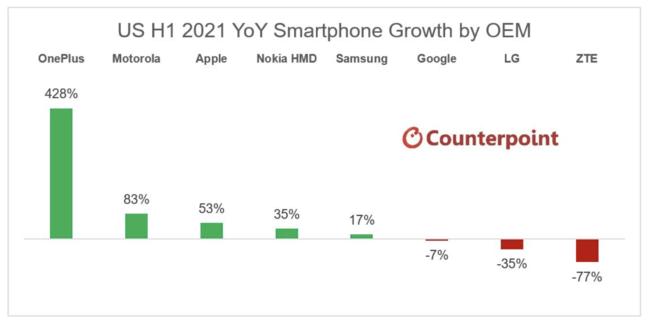After data, privacy is the new oil [Opinion]
After data, privacy is the new oil [Opinion]
![After data, privacy is the new oil [Opinion] After data, privacy is the new Oil [Opinion]](https://website-google-hk.oss-cn-hongkong.aliyuncs.com/drawing/article_results_9/2022/3/9/72f481b4da765abd805e59857daa30a0_1.jpeg)
Investors should care about personal privacy. Even if the only reason is that it's already becoming an influential trend in the market. Certainly some of the world's most successful, profitable, and influential companies thrive on the back of a clear lack of privacy. Prominent examples are Google (now Alphabet) and Facebook (now Meta Platforms). These companies use vast amounts of consumer data to deploy targeted advertising to lure users into craving things they don't need. This was possible only because consumers gave up their privacy to provide such data. For a while, few consumers seemed to care, and the market was kind to such companies. Facebook debuted on the Nasdaq in 2012 with a market capitalization of $60 billion. By August of last year, that number had jumped to over $1 trillion. Google has followed a similar trajectory. It peaked at just under $2 trillion last year from a market cap of $23 billion in 2004. Both made money off consumer data. In 2017, the British magazine The Economist said that data surpassed oil as the world's most valuable resource. It reminded me of the slogan of data scientists: “Data is the new oil.” But consumers are becoming less comfortable with having their information siphoned off. As a result, collecting and using data is becoming increasingly difficult. The paradigm is shifting towards privacy.
The Return of Privacy
CoinDesk columnist David Z. Morris wrote about this paradigm shift last month. Here are some quotes from it. "'Your cell phone is not eavesdropping on your calls,' said (activist Haley) Tsukuyama, who continued: 'But what's scary about it? , (companies) don't have to eavesdrop on your calls, they can infer everything from your search history, like who you're interacting with and when, whether you're hiring, your age, etc. You don't have to eavesdrop, you can know.'' That's where Apple came in, and last year it touted more features to protect user privacy. Simply put, by giving users the power to decide whether to allow apps to track data, Apple made it harder for apps to do so. As an Android user who normally disallows data sharing with apps, this seemed like a no-brainer. But that impression didn't last until Meta CEO Mark Zuckerberg said: “With changes to Apple’s iOS and new regulations in Europe, we are seeing a clear trend of a decline in the data available to deliver personalized advertising … We're rebuilding much of our house ad infrastructure to continue to deliver quality, personalized ads." The remark was made during the earnings call on Feb. 2, the day after Meta's stock fell 26%. . One of the world's most valuable companies has lost billions of dollars in market capitalization, in part because of widespread fears that privacy-focused trends will erode ad revenue. Apple knows that users want privacy. Unlike founder Steve Jobs, current CEO Tim Cook is a business school graduate who understands the value of market research. (Jobs didn't rely on market research, believing consumers didn't know what they wanted until Apple presented it.) As Zuckerberg's remarks show, the privacy pendulum is We're moving from the "share everything" side to the "give back your privacy" side.
Next page: What is the relationship with crypto assets? Last Update: CoinDesk Japan
![After data, privacy is the new oil [Opinion]](https://website-google-hk.oss-cn-hongkong.aliyuncs.com/drawing/article_results_9/2022/3/9/72f481b4da765abd805e59857daa30a0_0.jpeg)
![10th generation Core i5 equipped 9.5h drive mobile notebook is on sale at 50,000 yen level [Cool by Evo Book] 10th generation Core i5 equipped 9.5h drive mobile notebook is on sale at 50,000 yen level [Cool by Evo Book]](https://website-google-hk.oss-cn-hongkong.aliyuncs.com/drawing/article_results_9/2022/3/9/4a18d0792cae58836b71b9f591325261_0.jpeg)





![[Amazon time sale in progress! ] 64GB microSD card of 1,266 yen and wireless earphone with noise canceling function of 52% off, etc. [Amazon time sale in progress! ] 64GB microSD card of 1,266 yen and wireless earphone with noise canceling function of 52% off, etc.](https://website-google-hk.oss-cn-hongkong.aliyuncs.com/drawing/article_results_9/2022/3/9/c88341f90bab7fe3ce1dc78d8bd6b02d_0.jpeg)
